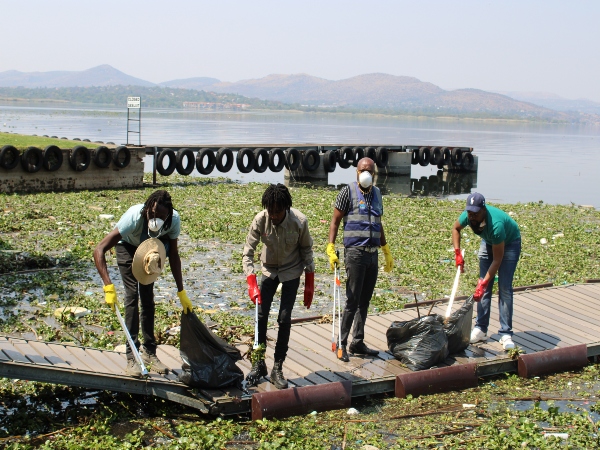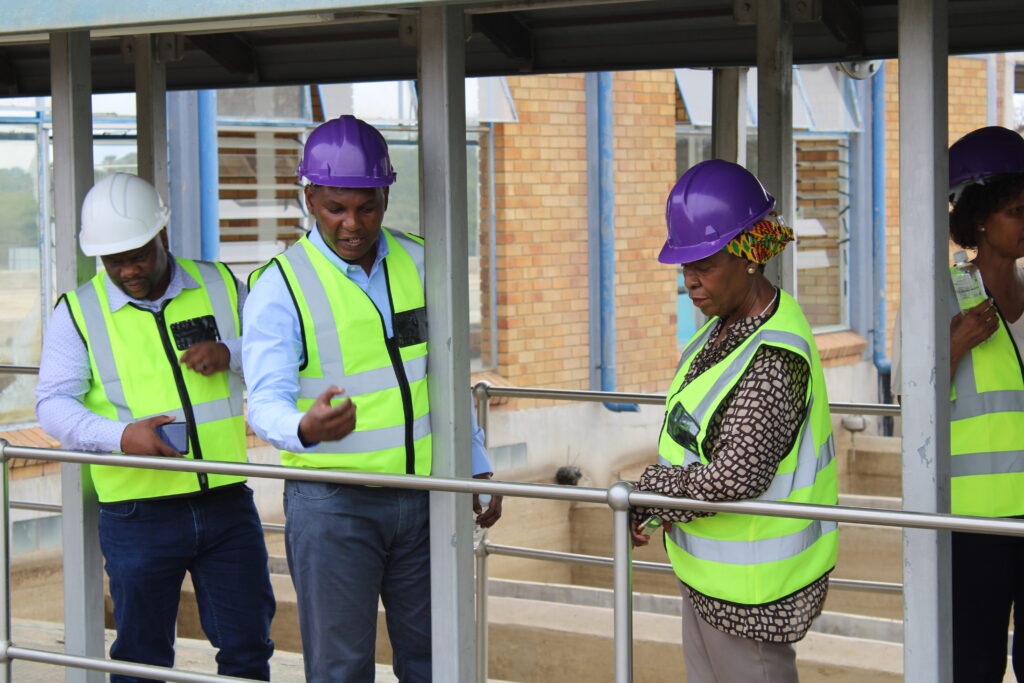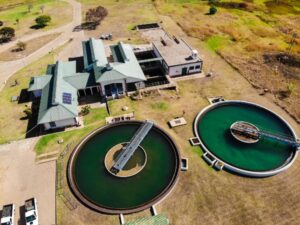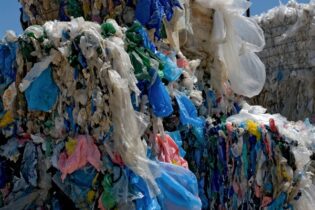As the North-West province’s sole water board, Magalies Water is relentless in its endeavour to respond to the current bulk water challenges.
By Kirsten Kelly Founded in 1969, Magalies Water has evolved from an entity that exclusively ensured water security for the mining industry in the platinum belt region of Rustenburg and Thabazimbi, to extending its services to the communities surrounding those mines. “Today, our end-customer base lies around 25% mines and 75% communities,” states Sandile Psychology Mkhize, Magalies Water Chief Executive. As a bulk water supplier, Magalies Water does not provide water directly to those communities, but rather to the municipalities that supply them. Expansion In July 2022, Sedibeng Water was disestablished, and its operations incorporated into Bloem Water and Magalies Water. While Bloem Water (now called Vaal Central Water) took over the operations in the Northern Cape and Free-State, Magalies Water took over Sedibeng Water’s assets, operations, staff, and liabilities in the North-West province. “This was a huge undertaking. Firstly, water utilities are graded according to their size; from grade A (a huge bulk water supplier scheme) to a grade D (small water entity). Sedibeng Water had a grade B2 rating (Hay Size of 1372) while Magalies Water at that time had a grade C1 (Hay Size of 1192). This grading determines different salary levels, so upon the merge, we had employees performing the same job functions earning different salaries. Secondly, we absorbed close to 400 employees from Sedibeng Water, with an almost non-existent water production asset base. To put this into perspective, Magalies Water at the time had 320 employees and a R4.5 billion asset base,” explains Mkhize. This meant that Magalies Water’s revenue-producing assets must now sustain over 700 employees. Considering that the water tariffs are low and were already pre-approved by Parliament for implementation effective from 1 July 2022, Magalies Water had little room to move. This is compounded by the fact that Magalies Water’s debt book moved from R300 million to over R2.4 billion after absorbing operations from Sedibeng Water.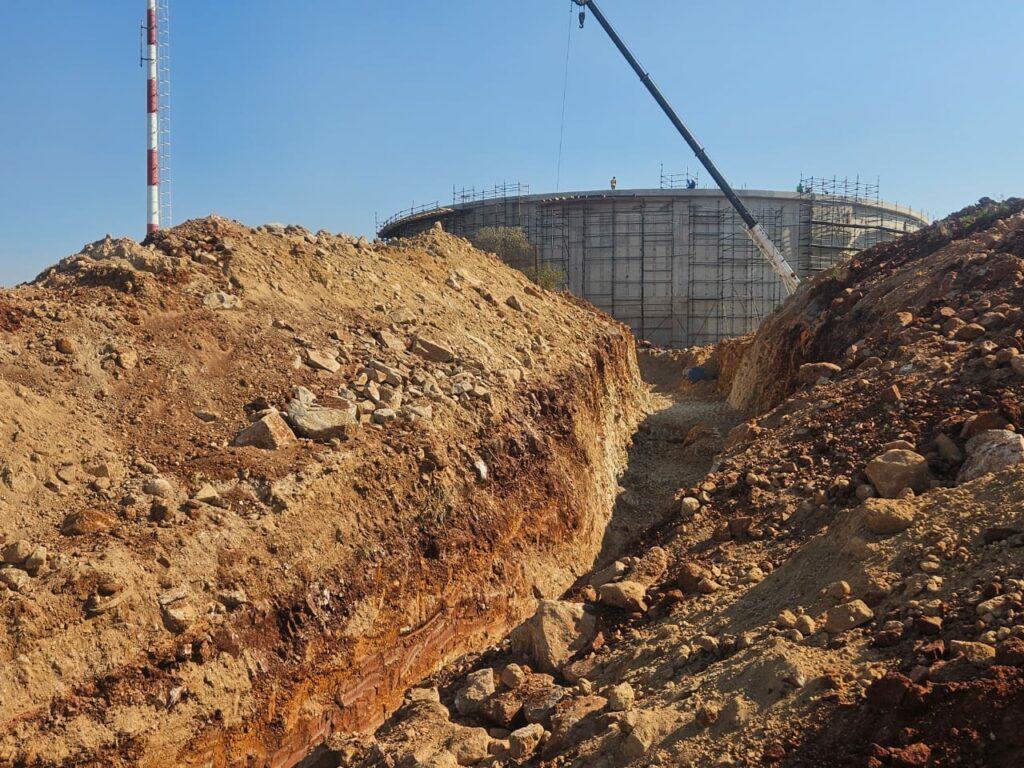
In addition to challenges resulting from the merge, Magalies Water is also contending with problems experienced by other water utilities like limited water resources or constrained infrastructure capabilities and population growth. Rapid urbanisation is affecting the service delivery of water and sanitation. Most of the water infrastructure is operating beyond its design capacity. Instead of decreasing, the number of informal settlements is increasing. “These newer informal settlements are seldom part of a municipality’s spatial planning, and it can take months, if not years for the promulgation of a township establishment. This leaves informal settlements without basic services, often resulting in illegal water connections, which are dangerous due to operating bulk water pressures, and results in a huge amount of water losses,” explains Mkhize.
He adds that there is also vandalism and theft of infrastructure like solar panels and water level sensors. “We are then unable to monitor the level of reservoirs and either spend a lot of time and money travelling to manually take water levels, or the reservoirs can overflow, resulting in water wastage.” Water utilities like Magalies Water also experience a ripple effect when municipalities struggle with revenue collection. Many consumers, due to deteriorating economic circumstances, no longer pay for water.